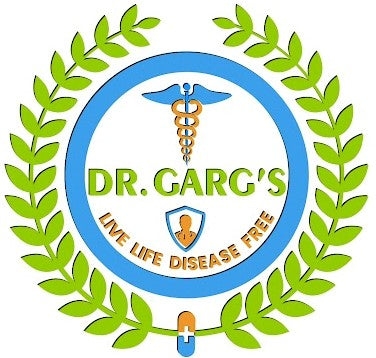Growth
Understanding Poor Weight Gain in Children: Causes, Symptoms, Diagnosis, and Homeopathic Treatment

Introduction:
Poor weight gain in children can be a cause of concern for parents and caregivers. It is essential to identify the underlying factors contributing to this condition and explore suitable treatment options. In this blog post, we will provide an overview of poor weight gain in children, including its causes, symptoms, diagnosis, and the potential role of homeopathic treatment.
Causes of Poor Weight Gain in Children:
Several factors can contribute to poor weight gain in children. These may include:
-
Inadequate Caloric Intake: Insufficient consumption of calories, whether due to feeding difficulties, decreased appetite, or poor nutritional choices, can result in poor weight gain.
-
Medical Conditions: Certain medical conditions like gastrointestinal disorders, metabolic disorders, or chronic illnesses can affect a child's ability to absorb nutrients, leading to poor weight gain.
-
Emotional Factors: Emotional stress, anxiety, or depression can influence a child's appetite and eating habits, contributing to inadequate weight gain.
-
Environmental Factors: Unhygienic living conditions, lack of access to clean water, or poor sanitation can contribute to poor weight gain by increasing the risk of infections and nutrient deficiencies.

Symptoms of Poor Weight Gain in Children:
Identifying the signs of poor weight gain can help in early detection and intervention. Common symptoms may include:
-
Slow or stagnant weight gain compared to age and growth expectations.
-
Lack of appetite or decreased interest in food.
-
Fatigue, weakness, or low energy levels.
-
Delayed physical development milestones.
-
Increased susceptibility to infections and illnesses.
Diagnosis of Poor Weight Gain in Children:
To diagnose the underlying causes of poor weight gain, healthcare professionals may undertake the following steps:
-
Thorough Medical History: Gathering information about the child's feeding habits, appetite, and any preexisting medical conditions.
-
Physical Examination: Assessing the child's growth patterns, checking for signs of malnutrition, and evaluating developmental milestones.
-
Laboratory Tests: Blood tests to evaluate nutrient levels, assess organ function, and screen for any underlying medical conditions.
Homeopathic Treatment for Poor Weight Gain in Children:
Homeopathy is a holistic approach to healthcare that aims to stimulate the body's self-healing abilities. While seeking homeopathic treatment, it is essential to consult a qualified homeopath who will consider the child's individual symptoms and characteristics. Some commonly used homeopathic remedies for poor weight gain in children include:
-
Alfalfa: Promotes healthy weight gain and increases appetite.
-
Calcarea phosphorica: Supports proper growth and development.
-
Silicea: Improves nutrient absorption and strengthens the digestive system.
-
Lycopodium: Addresses poor appetite and digestion, aiding weight gain.
-
Natrum muriaticum: Beneficial for children with poor appetite due to emotional stress or grief.
It is important to note that homeopathic treatment should be pursued in conjunction with proper medical care and guidance from a qualified healthcare professional.
Why Dr. Garg ?
Treating with homeopathy at Dr. Garg becomes easy, safe, sure and without any side-effects. The sweet-tasting homeopathic pills make it easier for parents to take their children through the treatment process. The protocols are guided by paediatricians, homeopathic doctors, dieticians and behavioural psychologists to monitor the child’s progress. In addition, the treatment is supplemented by specific homeopathic tonics to boost the child’s appetite, improve digestion and enhance the absorption of nutrients.
In the past 18 years at Dr. Garg have successfully treated thousands of children with poor weight gain, achieving a 94% patient satisfaction rate. The customised treatment plan is based upon the following:
-
Finding out the underlying reasons that include illnesses, eating disorders, behavioural issues, etc.
-
behavioural patterns, namely, identifying stress and mood disorders in children
-
nutritional requirement of the child guided by a dietician
Over a period of time, the child will show the following improvements:
-
better immunity
-
faster weight gain
-
reduced frequency of illnesses
-
improved food tolerance
-
improved concentration
-
improved overall health
-
sharper memory
Conclusion:
